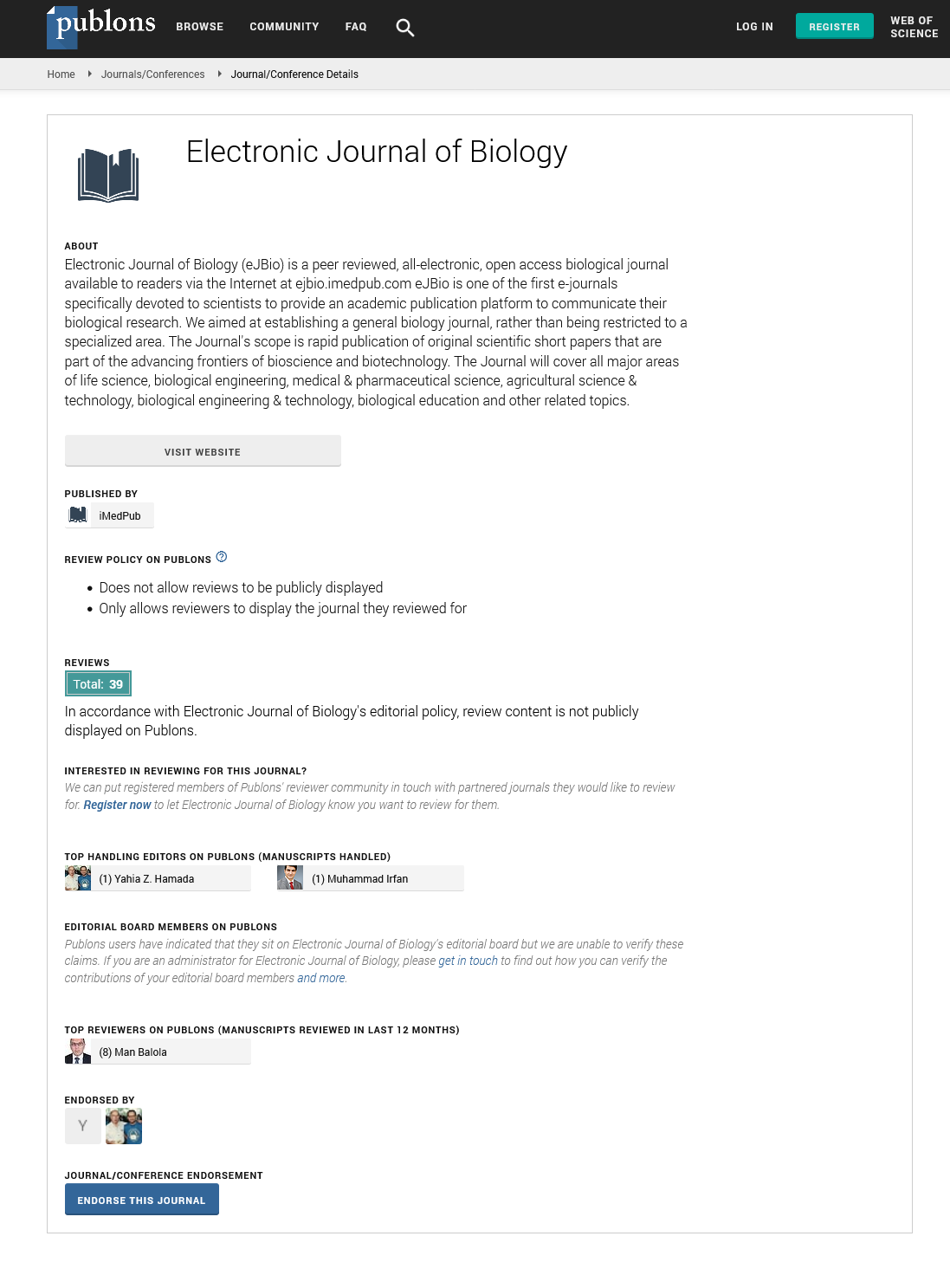Abstract
Response of Relative Water Content and Cell Membrane Stability to Mycorrhizal Biofertilizer in Maize
Maize (Zea mays L.) is an effective host of mycorrhiza in infertile and drought conditions. In order to study the effects of arbuscular mycorrhizal fungi on relative water content (RWC) and cell membrane stability (CMS) of maize two field experiments were conducted in 2011 and 2012. The experiments were carried out as split-plot factorial based on randomized complete block design with three replications. Irrigation was imposed at three levels based on 70, 50 and 30% field capacity. Mycorrhizal biofertilizer was applied at two levels; control and 100 kg ha-1. Phosphorus fertilizer was applied at three levels; 0, 75 and 150 kg ha-1 triple superphosphate. The results of combined analysis showed that different irrigation treatments and mycorrhizal biofertilizer application have significantly affected RWC and CMS, but different P fertilizer levels have not significantly affected measured traits. RWC and CMS as affected by different irrigation regimes were decreased by increasing drought stress. The data showed that the mycorrhizal biofertilizer application improved RWC and CMS in maize plant as a consequence of enhancing nutrient uptake, extension of the root system and water status of the plants. Generally, AM plants have a greater effect than non-AM plants.
Author(s): Mohammadreza Naghashzadeh
Abstract | Full-Text | PDF
Share this

Google scholar citation report
Citations : 5001
Electronic Journal of Biology received 5001 citations as per google scholar report
Electronic Journal of Biology peer review process verified at publons
Abstracted/Indexed in
- Google Scholar
- China National Knowledge Infrastructure (CNKI)
- CiteFactor
- Electronic Journals Library
- Zoological Records
- WorldCat
- Proquest Summons
- Publons
- MIAR
- Openaccessarticles.com
- Secret Search Engine Labs
Open Access Journals
- Aquaculture & Veterinary Science
- Chemistry & Chemical Sciences
- Clinical Sciences
- Engineering
- General Science
- Genetics & Molecular Biology
- Health Care & Nursing
- Immunology & Microbiology
- Materials Science
- Mathematics & Physics
- Medical Sciences
- Neurology & Psychiatry
- Oncology & Cancer Science
- Pharmaceutical Sciences


